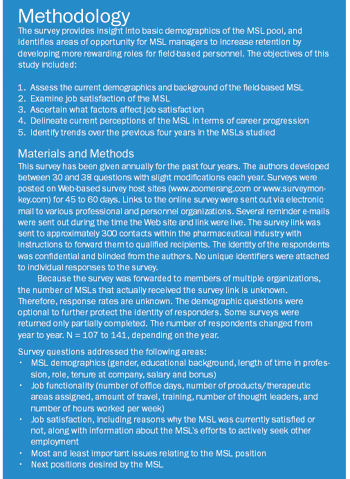
Pharmaceutical Executive
MSLs tend to stay put. Just three in 10 left a job after less than a year. Half held their current position for more than three years.

Pharmaceutical Executive
MSLs tend to stay put. Just three in 10 left a job after less than a year. Half held their current position for more than three years.
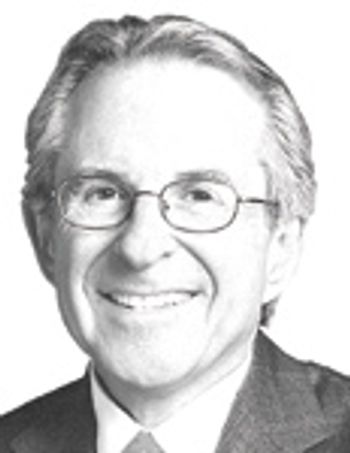
Pharmaceutical Executive
Leaders must focus on "brainrest." Perspective comes only when the venue changes dramatically and you have enough time to mentally remove yourself from the usual office tensions and concerns.

Pharmaceutical Executive
Marketing effectively to physicians in today's pharmaceutical industry is more important than ever. No longer can companies rely solely on DTC and sales force efforts to increase drug and therapeutics revenue.
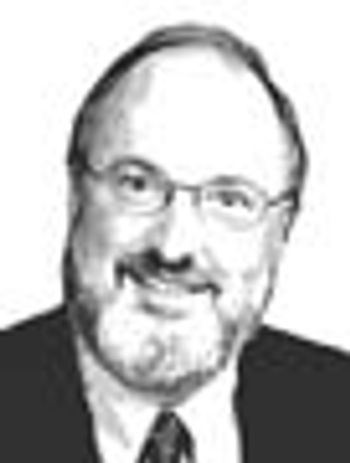
Pharmaceutical Executive
The problem isn't that there's conflict between safety and efficacy or between getting a useful medicine to market and protecting the public from a dangerous one. The problem is that the conflict isn't well structured. That needs to change.
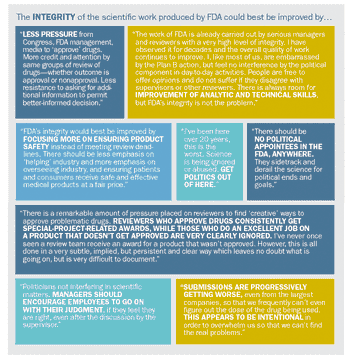
Pharmaceutical Executive
Scientists are worried about what they can and cannot say. Senior scientists feel that if they voice the disagreements that are important to scientific discussion, they might have to leave FDA.
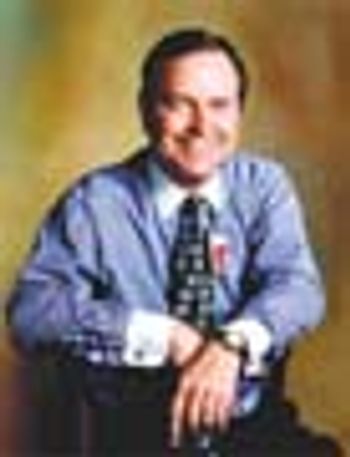
Pharmaceutical Executive
Cost-shifting is still one of the favorite tools in almost all employers' cost-cutting toolboxes. But many fear that shifting too many costs to workers will backfire. Low co-pays keep people healthy and on the job: a big return on investment.

Pharmaceutical Executive
New partnerships with nanobiotech firms are helping pharma companies overcome solubility problems and extend profitable product lifecycles.
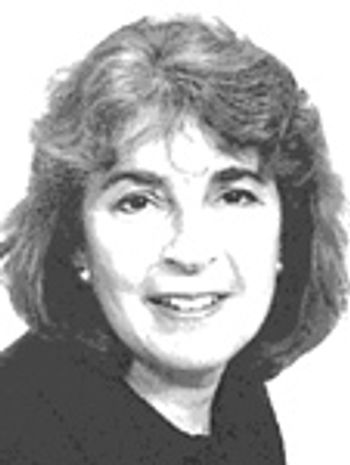
Pharmaceutical Executive
Pharmacists have applauded Plan B's behind-the-counter status, and FDA hints that the drug might pave the way for more pharmacy-only OTC products.
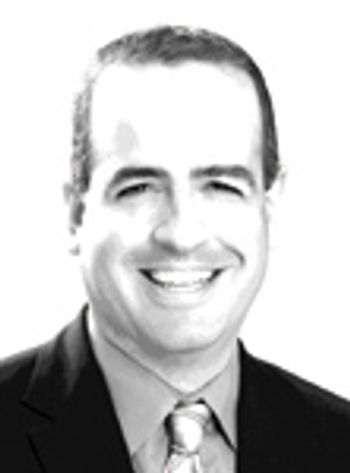
Pharmaceutical Executive
In cases that reached a verdict between 2002 and 2006, the branded pharma industry won six of six cases by verdict in Delaware, but lost six of eight in New Jersey, all by summary judgement. Despite what judges say, it's no coincidence.
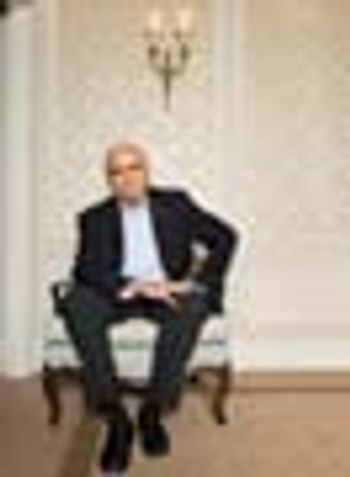
Pharmaceutical Executive
Isr?l makov has adventure in his blood. A fourth-generation Isr?li, he speaks proudly of his great grandmother, who bought and sold wool in Russia until the late 1890s when, at the age of 50, she moved to Palestine, bought a piece of land, and helped found a town in the wilderness. It was the kind of career move that Makov, CEO of Teva Pharmaceuticals, admires and emulates. As a boy, he rode a donkey to work in his father's orchards on the land his great grandmother bought. He attended an agricultural boarding school, started his career in citrus exports and-decades before Teva recruited him-managed Abic, the second-largest pharma company in Isr?l, and founded Interpharm, the country's first biotech company.
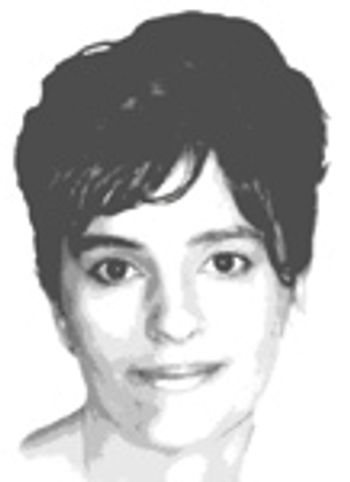
Pharmaceutical Executive
A new European collaboration of biotech, pharma, academia, and government takes up the challenge of boosting R&D.
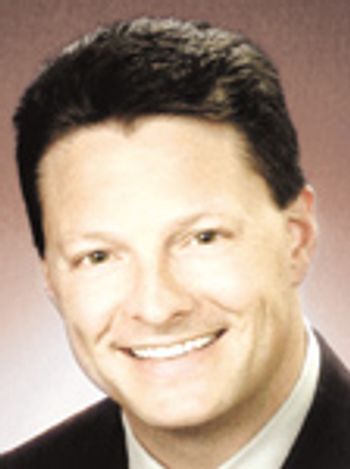
Pharmaceutical Executive
A sales rep's sensitivity to the doctor's marketplace, and his understanding of the pressures on physicians-from formularies and HMO rules to the practices of affiliate hospitals-makes him a greater asset in the customer's eyes. Getting to know a doctor involves understanding the responsibilities of personnel in his office. Reps need to know who the doctor relies on most to get things done.

Pharmaceutical Executive
In revamping its R&D department, Wyeth "really looked for people who were not going to give us the same old, 'This is how you do pharmaceutical development, dah-dah-dah,' but who could really think of different ways of doing things."

Pharmaceutical Executive
With "launched the world's best-selling drug" on his resume, Rob Scott was ready for his next professional endeavour. The former Pfizer executive is now head of R&D and chief medical officer at AtheroGenics, named for the signature technology that's being used to develop AGI-1067, a cardiovascular anti-inflammatory in late Phase III clinical trials.